-
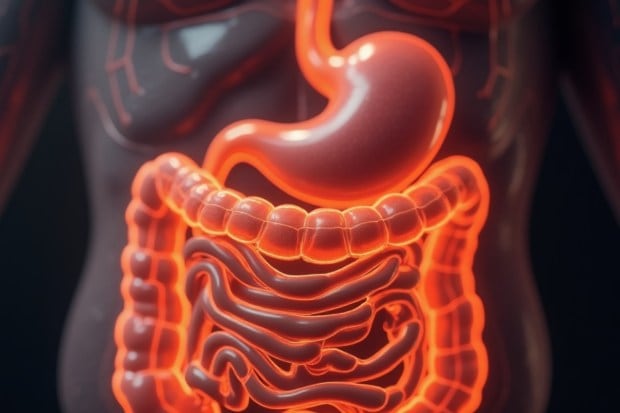
Imagine if your stomach played a role beyond simply digesting food, what if it actively communicated with your brain to signal when it’s time to stop eating? Researchers at Duke University have uncovered this intriguing connection in a groundbreaking study, potentially reshaping our understanding of how our body’s senses work. (Image: AI Generated)
-

At the center of this gut-brain conversation, there is a tiny protein called flagellin, found in the tails of certain bacteria. Special cells in the gut, known as neuropods, sense this protein and quickly pass messages to the brain. It’s like a secret communication channel inside our body that we’re only just beginning to understand. (Image: Pexels)
-
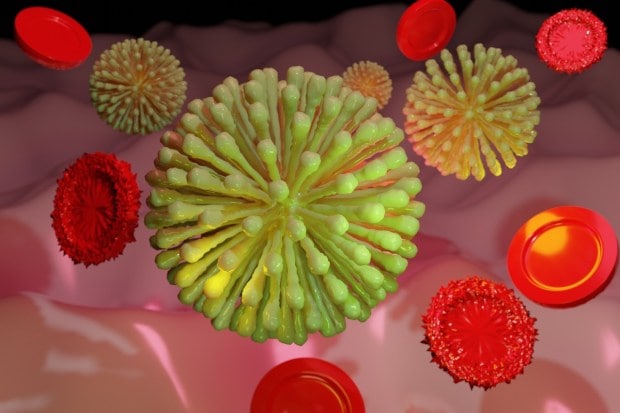
Neuropods act like vigilant sentinels in your digestive system, constantly monitoring microbes and instantly relaying what’s happening inside to your brain, shaping your feelings of fullness and hunger in real time. (Image: Pexels)
-
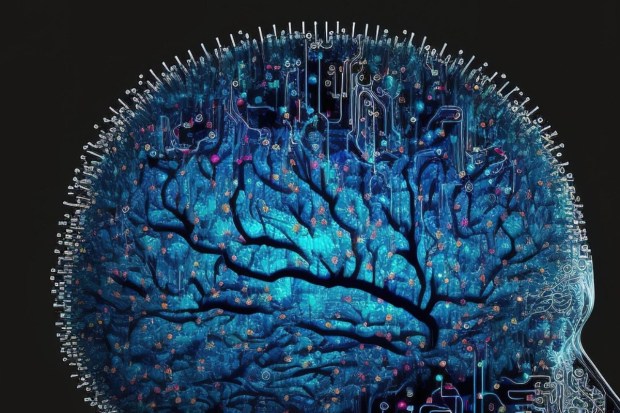
The signals from your gut travel along the vagus nerve – a major communication highway – sending lightning-fast alerts to help regulate how much you eat. This nerve connection may hold keys to healthier eating habits. (Image: Pexels)
-
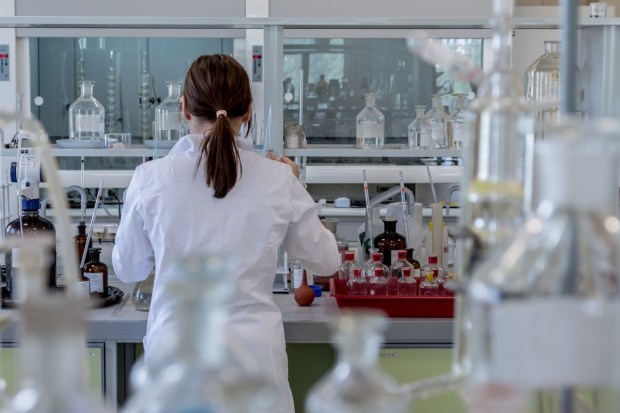
Scientists are calling this incredible gut-brain link a new ‘neurobiotic sense,’ a potential sixth sense that adds a surprising layer to how our body senses the world and keeps our appetite in check. (Image: Pexels)
-
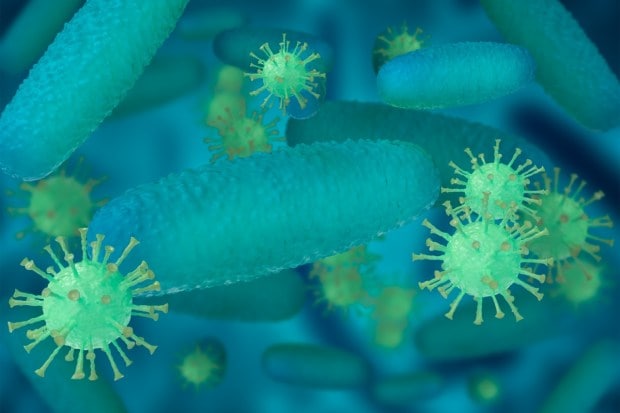
One receptor on neuropods, known as TLR5, is like a gatekeeper for appetite signals. When it detects flagellin, it sends a stop-eating signal to the brain. Without it, mice in studies didn’t know when to stop and gained unhealthy weight. (Image: Freepik)
-
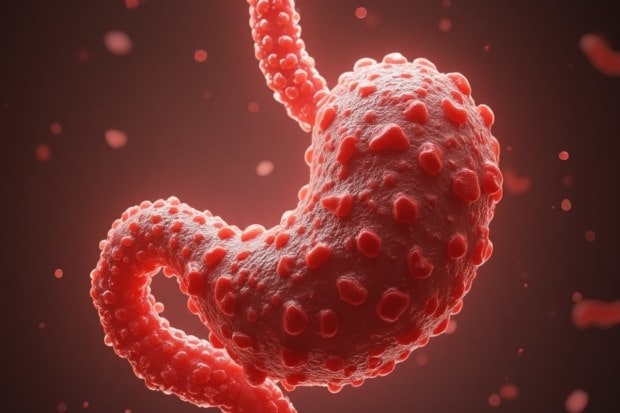
This discovery is more than just about hunger – it shows that the bacteria living in our gut can influence our behavior and even our mental health, possibly shedding light on conditions like obesity, depression, and anxiety. (Image: AI Generated)
-
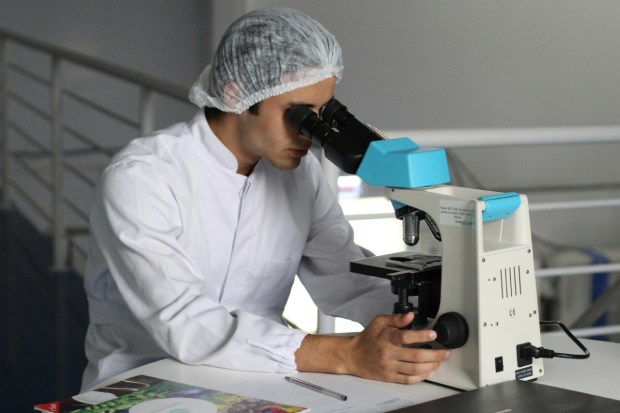
Dr. Diego Bohórquez, one of the lead researchers quoted in a press statement, saying that they wanted to find out if our body could sense bacteria in real time, not just through the immune system, but also through the nervous system and it turns out, it can. (Image: Pexels)
-
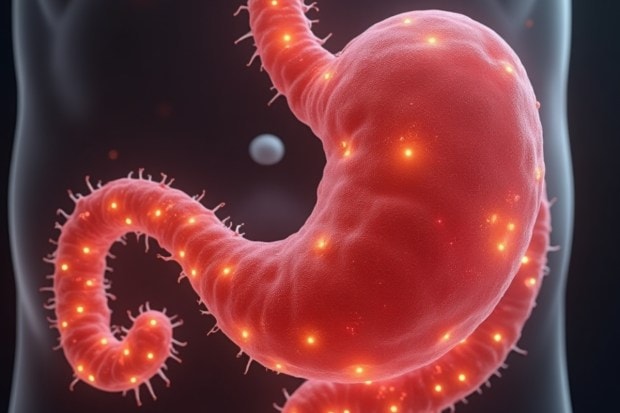
Researchers believe understanding how different foods affect our gut bacteria could revolutionize treatments for diverse health issues by harnessing this newly found gut-brain communication system. (Image: AI Generated)
-

While we often say we ‘feel something in our gut,’ it turns out this feeling might be a literal sixth sense at work, thanks to the trillions of microbial cells inside us directing complex conversations with our brain. With more microbial cells in our body than human cells, the gut truly is a bustling ecosystem and a powerful influence on our minds and bodies, a fascinating frontier in science just beginning to be explored. (Image: Pexels)

e-Passport launched in India: Who can apply, how to apply, application fee, benefits, key security upgrades and more






